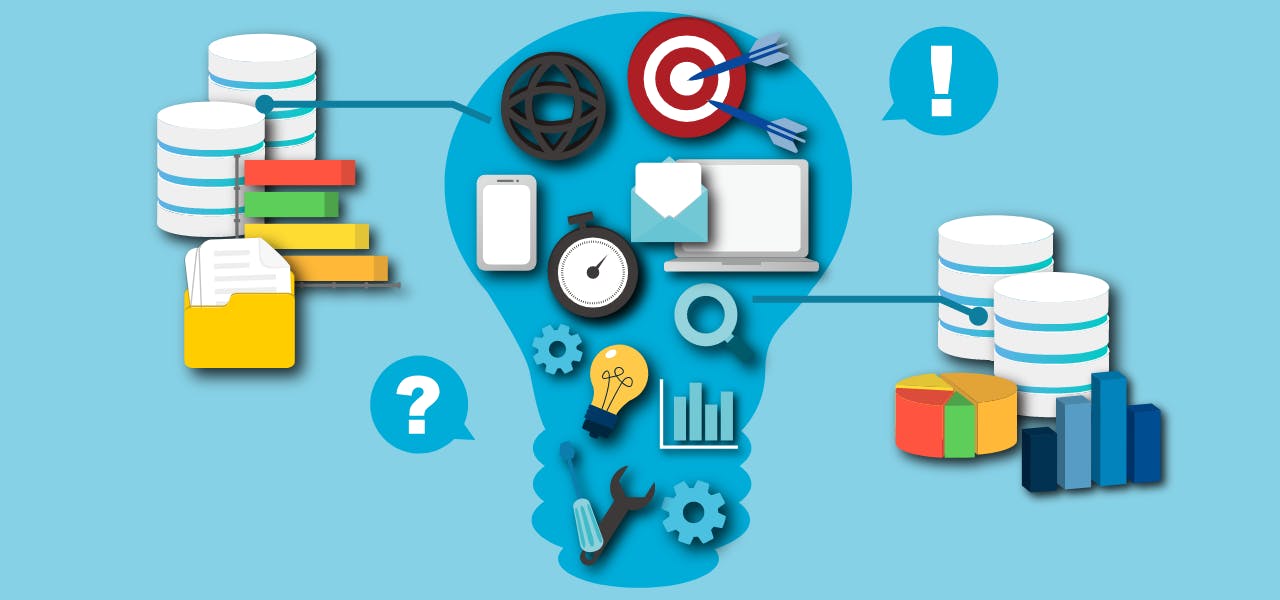The Digital Era has brought with it a complete overhaul of how the majority of the world lives. Our daily lives, from the way we find our news to the way we shop, has changed. In addition to these adjustments in simple and complex tasks has come a shift in how researchers and developers collect, use, and disseminate data.
The explosion of data collected set off a chain reaction of obstacles regarding how to actually utilize the information obtained. Complex issues in fields like research and development are awaiting better tools to mine through the mountains of data available. It’s now a worldwide race to come up with data mining options to capitalize on what was obtained in different approaches.
Understanding Big and Small Data
Research and development teams have been learning how to utilize big and small data. Each of these types of information has its own benefits.
Small data is the type of information that researchers turn to when they want to make decisions to drive action at that moment. If it’s in a small dataset of relevant knowledge performed in real-time analysis or is currently in process, it’s small data. This data is stored in a spreadsheet format and is chosen by applying predetermined attributes to the mining process.
Big data, on the other hand, is the collection and dissemination of an immense volume of information. It’s an almost unlimited mountain of data that has to be sorted through in order to make sense of what’s meaningful and relevant. Researchers struggle with learning how to tag data to be sure they cast a wide enough net to find trends, patterns, and crucial information that can be used to help them make decisions in the future. Big data can result in big impacts if it is sorted correctly, but mining that knowledge to answer complex questions is not always easy.
The Use of Knowledge Mining to Help Narrow Down Information
Today’s commerce markets are all global industries, requiring organizations to crack down on their performance and innovation to remain relevant, effective, and productive. The main factor in being able to do this is to obtain and use knowledge, accessed through big and small data collection, on multiple levels. This knowledge is used to set a business or company apart from the rest of its competition.
Companies have their own internal sources that they compile their data from that they store on their databases, but they can also get information from external sources on the internet, using all of the information obtained to help drive their decisions. But the data they use is tagged with specific keywords, categorized using pieces of the document like the title, the abstract, headers, and other parts. Depending on the tool the company is using to mine for their knowledge, important documents might be overlooked or the entire thing could be classified wrong. This happens frequently when authors use ambiguous or vague titles for their work or keywords are associated with multiple categories. Once the document is tagged to be used in one topic area, it may not be linked to another, more relevant, one.
Because of these concerns, developers around the world have been constantly creating, refining, and tweaking tools and methodologies that can be used to pull out information from big and small data, extracting knowledge that would remain otherwise embedded in the mountain of data collected. This process, called knowledge mining, is crucial in the academic landscape as well as in industrial work.
As technology continues to evolve and more people and devices become connected to the world wide web, professional researchers devote themselves to learning how to better sort through data and how to use it as beneficially as possible to drive their experiments and business decisions. The better the tool used, the more complex the problem solving it can help.
